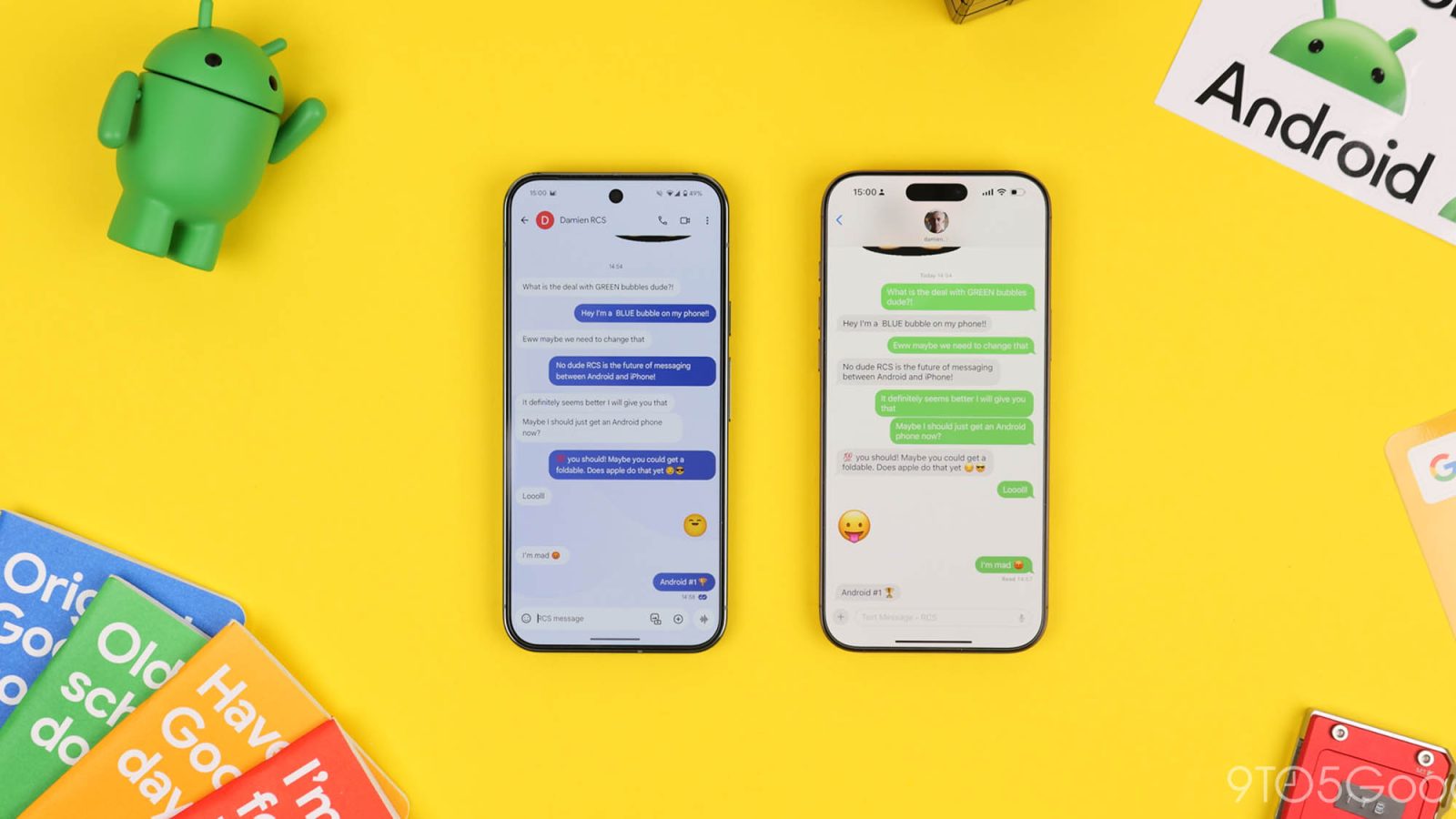
Artificial intelligence (AI) has been disrupting numerous industries, and its impact on HR departments is undeniable. AI involves leveraging extensive data to create algorithms that make predictions based on specific assumptions.
AI: Revolutionizing HR
To understand how HR processes can benefit from AI, let’s consider hiring as an example. Hiring is a challenging task for HR professionals, and AI can streamline the process. By building a database of historical data, such as required skills, location, and salary, companies can predict the most suitable candidates for a role. This improves efficiency and reduces the time taken to hire talent.
AI: Automation of basic tasks
Many companies have already started automating background verification, onboarding processes, and administrative tasks. Automation provides employees with necessary information and resources, guiding them through their employment journey. Level one queries, such as leave balance and maternity policy, can also be automated, enhancing employee experience.
Chatbots have transformed customer support, and organizations are now using them to engage with employees. Chatbots collect regular feedback from employees regarding job satisfaction and career growth.
AI: Unleashing the potential in tracking employee performance
AI tools can provide data-driven insights into employee performance. Machine learning algorithms track performance metrics and analyze relevant data to generate comprehensive reports and identify patterns. This information can help tailor training and development programs and address skill gaps for personalized growth opportunities.
AI: Cracking down attrition
Attrition is a major challenge for HR professionals. AI can help create a strategic roadmap for employees, suggesting opportunities for upskilling and productivity improvement.
AI can facilitate cross-functional learning and collaboration in organizations. By pairing employees from different functions, AI enhances understanding and captures data on learner engagement and outcomes. Training sessions can be personalized for each employee based on their skills, projects, and learning habits.
Challenges to adopt AI
However, there are challenges to adopting AI. Accuracy is critical, and organizations need to verify that the results provided by AI are reliable. Predictive analytics can assist in workforce planning, forecasting hiring needs, and identifying skill gaps. Privacy and empathy are also crucial considerations, as AI deals with sensitive employee information and complex HR matters that require human intervention. Bias is another concern, and organizations must actively mitigate bias in automated systems.
Evolving HR roles
While automation may replace certain HR tasks, organizations still require HR professionals for data analysis and algorithm development. HR roles will continue to evolve, resulting in dynamic job responsibilities. The integration of AI into HR practices has the potential to transform talent acquisition, employee engagement, training, and decision-making, driving efficiency and fostering a workplace that promotes growth, productivity, and employee well-being.
The author, Avadhesh Dixit, is CHRO at Acuity Knowledge Partners.
DISCLAIMER: The views expressed are solely of the author and ETHRWorld does not necessarily subscribe to them. ETHRWorld will not be responsible for any damage caused to any person or organization directly or indirectly.














